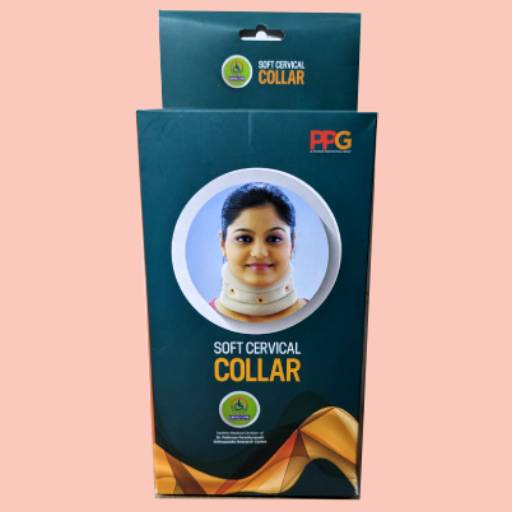Health Care
Soft Cervical Collars for Neck Pain
Soft Cervical Collars for Neck Pain
Couldn't load pickup availability
Soft cervical collars for neck pain relief and support. Soft cervical collars, often referred to as neck braces or neck support belts, are medical devices designed to provide gentle support and partial immobilization of the cervical spine. They are commonly used to treat conditions causing neck pain and discomfort, including:
Acute neck pain: Can result from various sources like muscle strains, sprains, or even prolonged poor posture.
Cervical spondylosis: A degenerative condition affecting the neck's vertebral discs and surrounding tissues.
Cervical disc herniation: Where a neck disc's inner material protrudes, potentially impacting nerves.
Whiplash injuries: Sudden, forceful neck movements causing strain and potential damage.
Post-operative support: To stabilize the neck and aid healing after cervical spine surgery.
Nerve compression: When pressure on nerves in the neck causes discomfort.
General neck stiffness: Often caused by lifestyle factors or minor injuries.
How they work
Soft cervical collars are typically made of foam or a blend of soft, breathable materials such as foam and cotton stockinette or lycra. They are shaped to fit snugly around the neck, providing a comfortable level of support. They work by:
Limiting neck movement: Restricting motion helps prevent further injury and allows damaged tissues to heal.
Supporting the head's weight: Taking pressure off the neck muscles can reduce strain and alleviate pain.
Promoting proper neck alignment: Maintaining a neutral position helps improve posture and reduce pressure on nerves.
Key features and considerations
When choosing a soft cervical collar, consider these features:
Material: Look for breathable, skin-friendly, and durable materials like high-density foam with cotton stockinette.
Fit: Ensure the collar fits snugly but comfortably. Many collars have adjustable straps for a customized fit.
Comfort: Features like rounded edges and ventilation holes (eyelets) enhance comfort during prolonged wear.
Durability: Look for products that are well-constructed and designed for long-term use.
Important notes
Consult a medical professional: Before using a cervical collar, especially for a traumatic injury, consult with a doctor or physiotherapist to determine if it is appropriate for your specific condition and to receive guidance on proper use.
Duration of use: Prolonged use of a cervical collar can lead to muscle weakness and reduced mobility, so follow your healthcare provider's recommendations regarding the duration of wear.
Hygiene: Regularly clean the collar to prevent skin irritation or infections.
Comfort and fit: Ensure the collar is comfortable and doesn't restrict blood
flow or cause chafing. Adjust it as needed for a secure and comfortable fit.
Share


